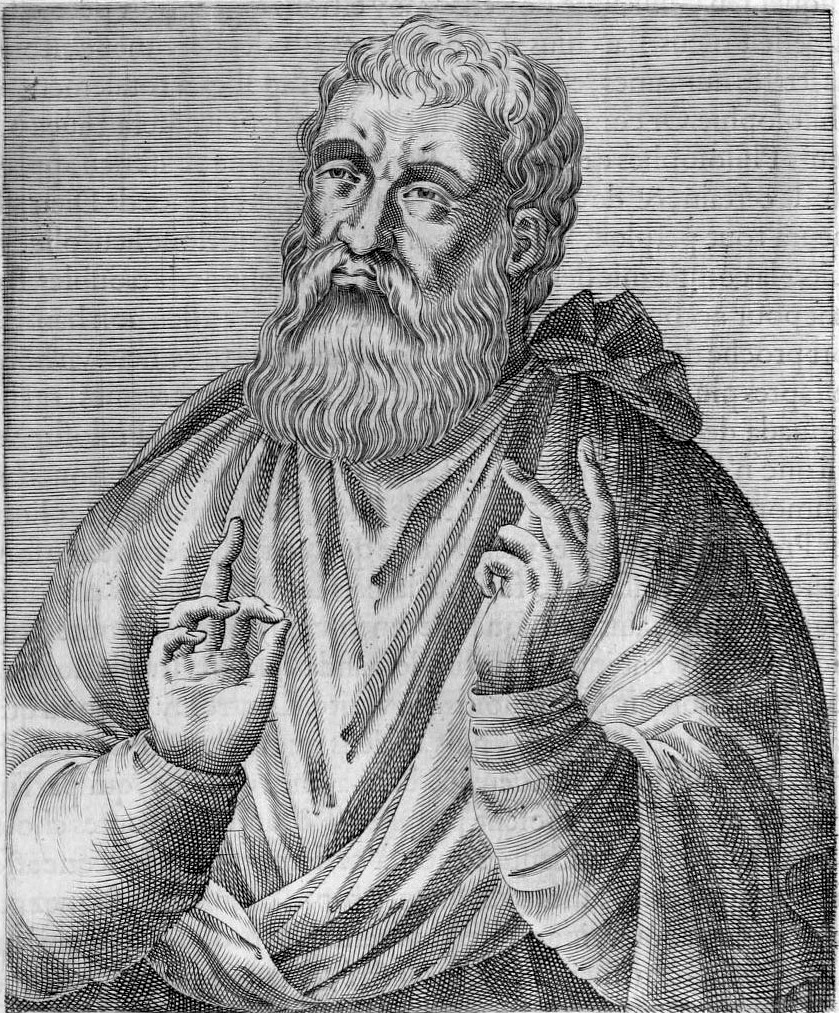
Here is the third of the five potential “dyad topics” for the projected seminar on Christian humanism (again, WordPress can’t handle the auto-numbering in Word docs. Sigh) Continued from part I:
- Faith and reason
- Reason and the image of God in humanity
- The role of reason in the carrying out of the creation mandate (for human flourishing)
- Illumination and education in early Christian soteriological understanding
- The pendulum of claims for reason
- Tertullian vs. Clement on the value of philosophy
- Seminal Logos understanding
- Augustine, reason and its limitations; the autonomy of scientific knowledge and the critique of bad Christian scientific reasoning
- Anselm, “faith seeking reason” – modest claim
- Aquinas – moderate claim
- Late scholasticism – reason maximized, atrophied, and arrogant – seeking to bring all knowledge under reason’s command
- The nominalist critique
- The renaissance humanist critique
- The Lutheran critique: Luther against the philosophers
- The recovery of scholasticism under Melanchthon and the rise of Protestant scholasticism
- Positivist, naturalist anti-humanisms of wartime



 Medieval Wisdom for Modern Christians
Medieval Wisdom for Modern Christians






